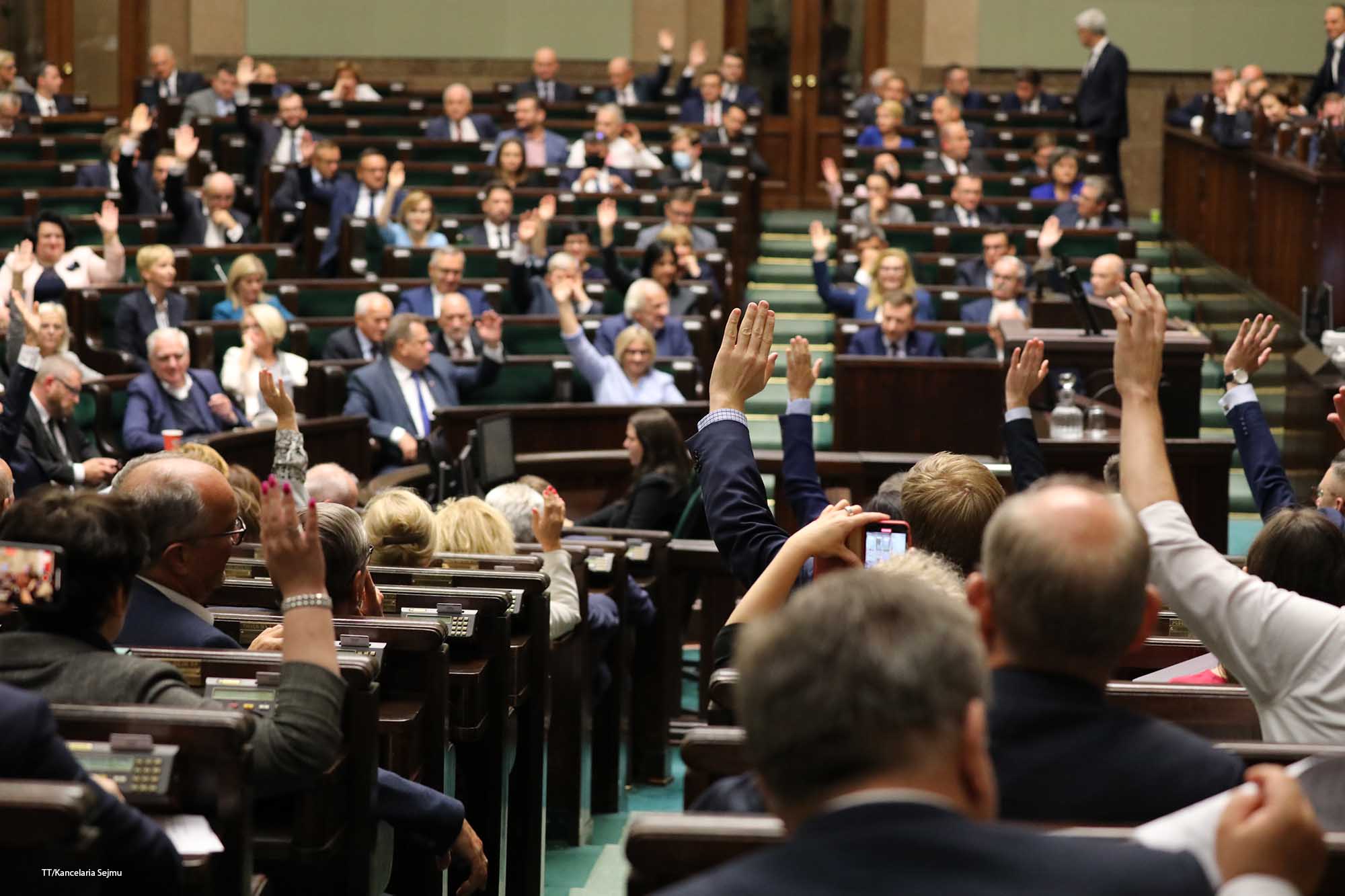There is no party in Poland called the “opposition,” but instead many parties competing to unseat the conservative ruling Law and Justice (PiS) party. This situation creates a situation where the PiS is in an excellent position to win the upcoming elections, said Polish professor Henryk Domański.
The professor, in an interview with news portal Salon24.pl, said this is largely because “there is no single party called the opposition,” and “if something does not exist and has no chance of existing, then it cannot win an election.”
The professor indicated that the parties aligned against PiS must work together to win, but if there is no coherent single opposition block, then it is difficult to see a scenario in which the ruling conservatives will lose power in the coming elections.
Prof. Domański admits that all the opposition parties together may receive over 50 percent of the votes and may even have together more seats than the ruling conservative Law and Justice party. However, he sees little chance of the opposition parties agreeing to a candidate for prime minister. He also sees little or no chance of the liberals and the left forming a government with the right-wing Confederation.
[pp id=70757]
There is just too little trust and too much ambition among the opposition parties for a government composed of them to emerge.
The academic feels that even should by some miracle a government made up of opposition parties form, it would be likely to fall apart very quickly. In terms of their policies and the interests they serve, they are simply too divergent, he said.
Moreover, the Left, the liberal Poland 2050, and the center-right Polish People’s Party (PSL) are not enthusiastic about a coalition with Civic Platform (PO), the largest liberal opposition party led by Donald Tusk.
Prof. Domański thinks that the issue of Poland failing to receive funding from the EU recovery fund will not prove too damaging for the ruling conservatives because people have now gotten used to the fact that the money has been blocked and tend to blame the EU for that fact. In this light, any softening of the EU’s position, such as the recent reduction in the fines levied against Poland for non-compliance with European Court of Justice rulings, will be perceived as victories for the ruling conservatives.
On the economy, PiS is doing well. The level of inflation has stabilized, and unemployment is very low. Moreover, PiS is also doing well on the diplomatic front with regard to the war in Ukraine.
Asked whether the right-wing Confederation is a potential coalition partner for the ruling conservatives, Prof. Domański says that such a coalition is very unlikely because the price would be too high for PiS to pay.
More likely are attempts by PiS to split Confederation, by offering some of its deputies government jobs.
The professor does not rule out PiS forming a coalition with the PSL since that party’s socially conservative stances are much closer to the views of the ruling conservatives than they are to the liberal and left parties.





